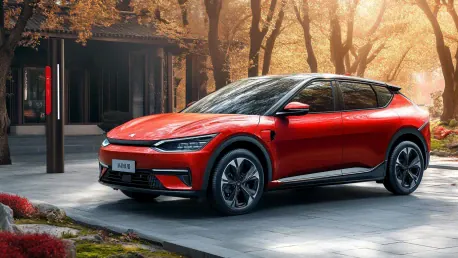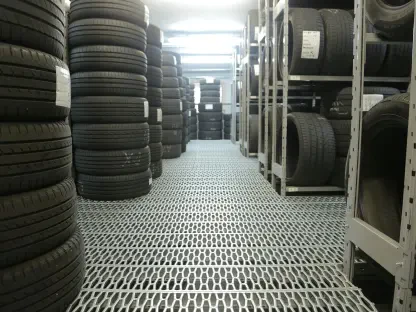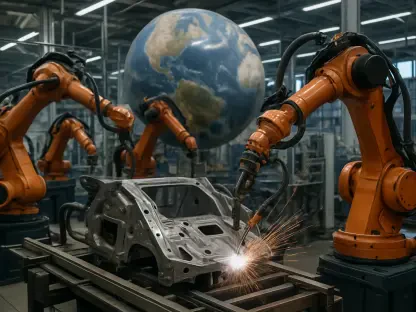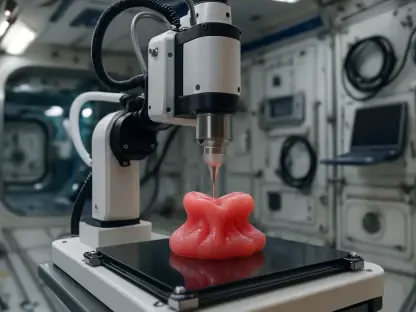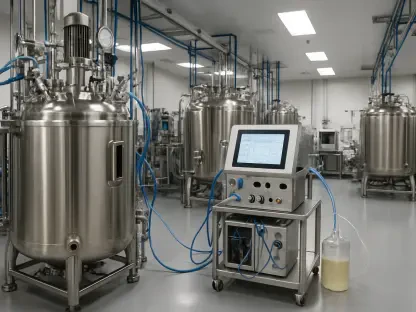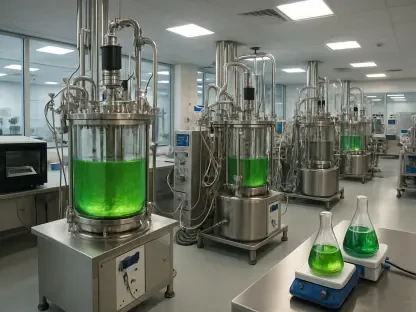The recent surge in Chinese electric vehicle (EV) manufacturers expanding their operations into Europe highlights a strategic pivot to sidestep rising import tariffs, which EU authorities claim are due to substantial state subsidies benefiting Chinese-made EVs. Among the notable players are Chery Auto, BYD, Leapmotor, SAIC Motor (with its MG brand), XPeng, Geely, GAC, Great Wall Motor, and Dongfeng Motor Group, all actively engaged in establishing manufacturing and assembly plants across the continent. This move is set against the backdrop of a projected $855.17 billion European EV market by 2028, growing at a compound annual growth rate (CAGR) of 40.7%. As these companies localize their production, they are poised to offer competitively priced EVs that can effectively challenge established European automakers, potentially reshaping the region’s automotive landscape.
Strategic Partnerships and Investments
Chery Auto, for instance, has partnered with Spain’s EV Motors to set up a manufacturing site in Barcelona, and it is exploring further expansion opportunities in Italy and the United Kingdom. This initiative aims not only to bypass tariffs but also to cater to the growing European demand for electric vehicles. Meanwhile, BYD has announced plans to manufacture all its EVs sold in Europe locally, with components and battery packs assembled in Hungary and Turkey. By focusing on local production, BYD is better positioned to meet European standards and deliver more affordable vehicles to consumers.
Leapmotor has formed a partnership with Stellantis to introduce its T03 and C10 models in Europe, with plans to assemble the T03 in Poland. This approach allows Leapmotor to take advantage of Stellantis’ existing infrastructure and market experience, thus streamlining its entry into the European market. SAIC Motor is similarly busy choosing a site for a new EV plant in Europe, already eyeing a facility in France. By establishing a local manufacturing presence, these companies not only skirt import tariffs but also reduce shipping costs and delivery times, further enhancing their competitive edge.
Expansion Efforts Across Europe
XPeng, Geely, and GAC are also actively scouting potential sites across Europe to establish their manufacturing footprints. XPeng is particularly keen on setting up a factory, while Geely is in discussions in Poland, indicating a focused effort to anchor themselves in strategic locations. GAC has been vocal about its ambitious goal of achieving 500,000 overseas sales by 2030, underlining the importance of the European market in its global strategy.
Great Wall Motor, another significant player, is negotiating with Hungary to establish its first European plant. Although the company has scaled back its operations elsewhere, it is doubling down on its efforts to gain a foothold in Europe. Meanwhile, Dongfeng Motor Group is in advanced talks to build a plant in Italy, although the final commitment is yet to be made. These expansions are not just about avoiding tariffs; they signify a broader strategy to deepen integration into the European market, leveraging local expertise and infrastructure to boost their competitiveness.
Impact on European Market Dynamics
XPeng, Geely, and GAC are actively scouting potential sites across Europe to establish their manufacturing footprints. XPeng is particularly eager to set up a factory. Geely, in particular, is discussing plans in Poland, indicating a focused effort to settle in strategic locations. GAC has been vocal about its ambitious goal of hitting 500,000 overseas sales by 2030, underscoring the European market’s significance in its global strategy.
Great Wall Motor, another major player, is negotiating with Hungary to build its first European plant. Despite scaling back operations elsewhere, the company is intensifying its efforts to gain a foothold in Europe. Meanwhile, Dongfeng Motor Group is in advanced talks to set up a plant in Italy, although no final commitment has been made. These expansions aren’t just about dodging tariffs; they represent a broader strategy to integrate deeper into the European market. By leveraging local expertise and infrastructure, these companies aim to improve their competitiveness and amplify their presence in Europe.
